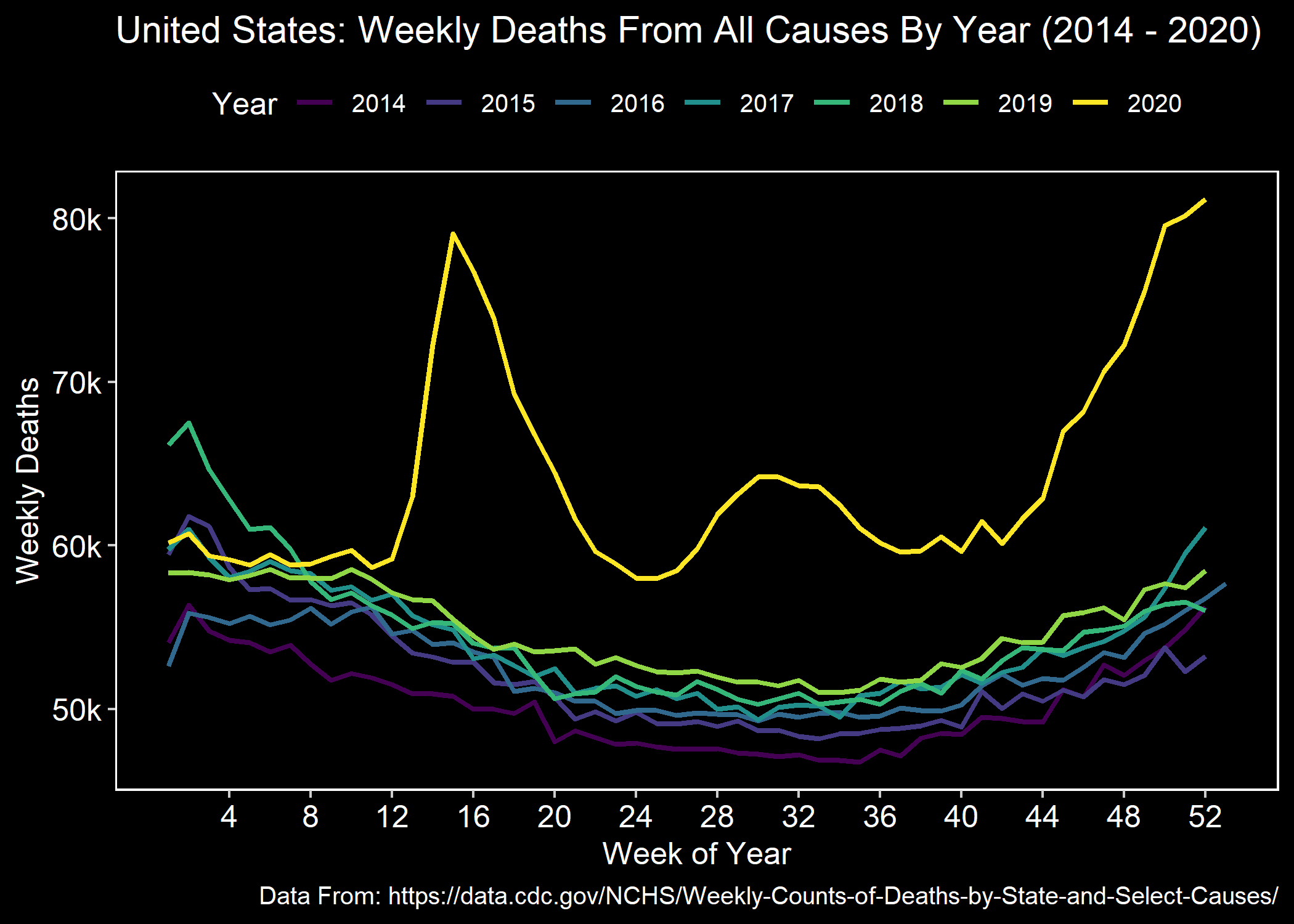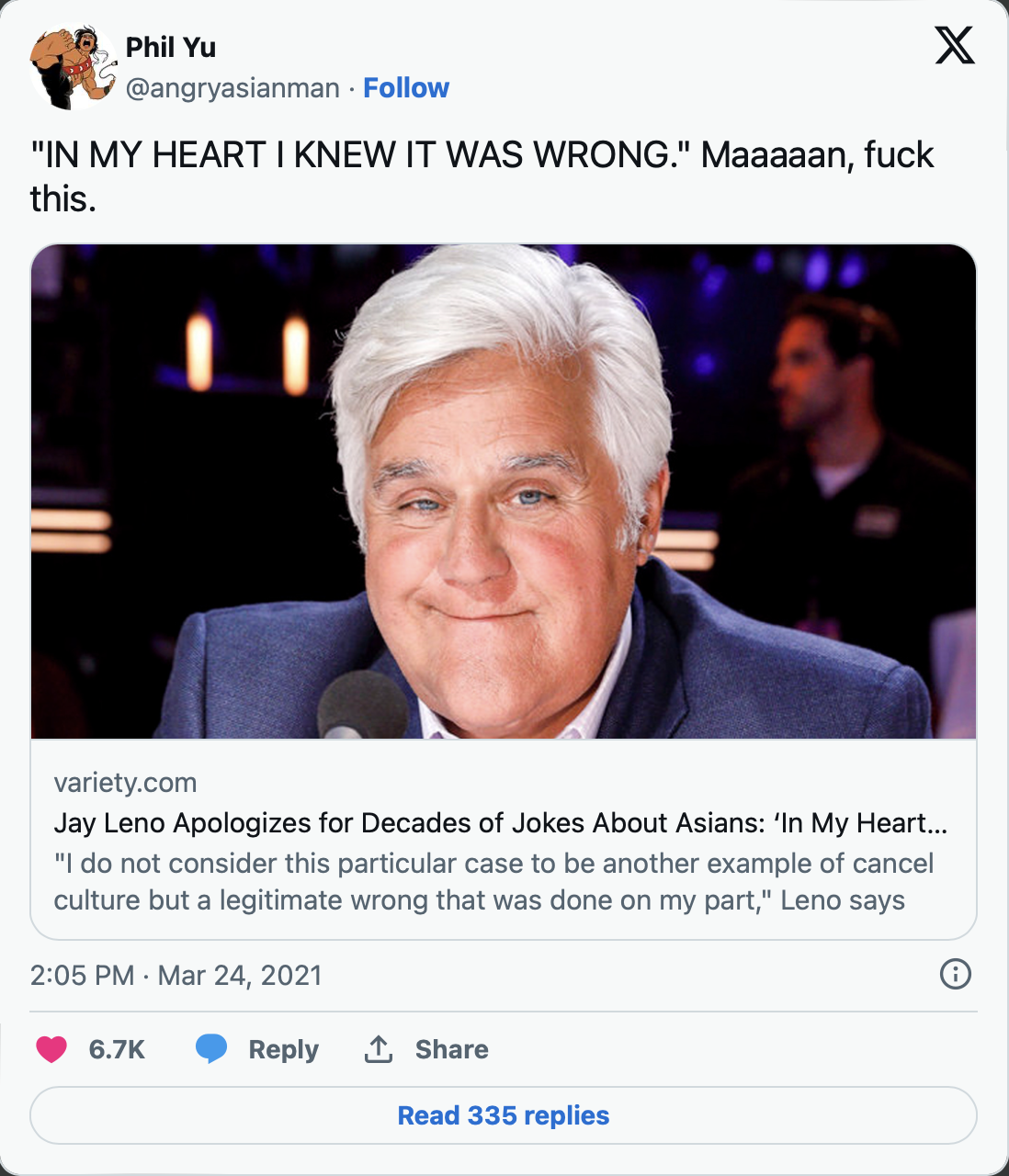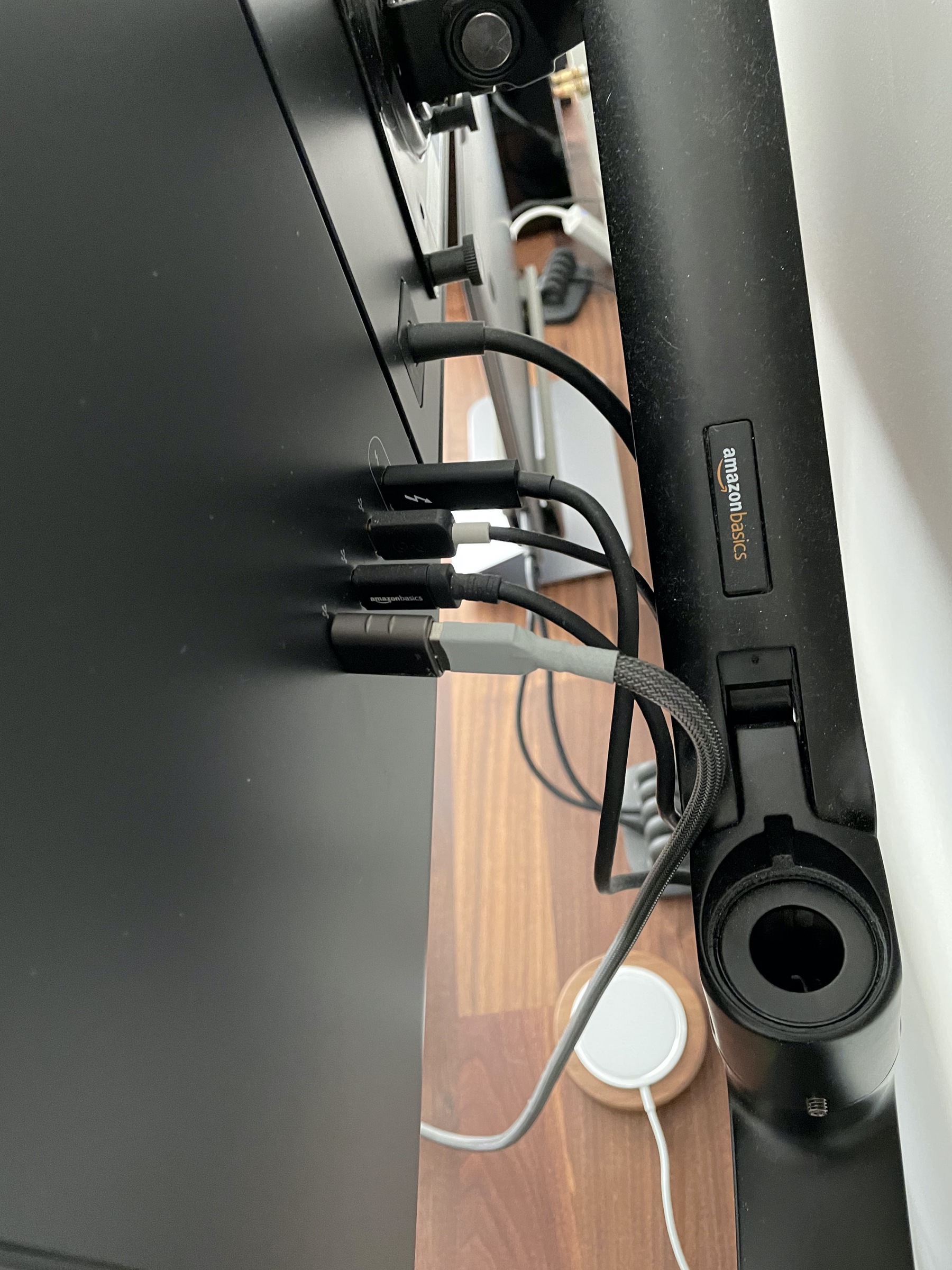I’ve had two successful runs at getting healthier and losing weight in my adult life. One involved very close dieting, done at a time when my life was more routine and far less stressful. The other involved an expensive gym that was entirely scheduled, small group training, coupled with dieting that was not quite as extreme.
About six months before the pandemic, I stopped going to the gym with small group training. I had been there a few years. I felt I learned how to work out successfully, how to keep a routine, and what to do. I thought maybe I could save a little money and try and do this on my own. My travel schedule was increasingly erratic, and it was stressful trying to find my three slots a week to head to the gym. My consistent 12-14 days a month started to drop to 10, so it felt like time to try. I didn’t do great in those six months before the shut down– I did go to the gym more often than past memberships would suggest, but my 10 days a month dropped to 3-6 pretty quickly.
We have plenty of space to work out from at home, and during the pandemic we were all set to make that happen. Elsa has done a pretty great job getting on the bike, doing yoga, and occasionally a bit more. I have not. My motivation to do anything in this time but get to work and get to bed has been poor, at best.
Throughout the pandemic, my old gym still sent emails. I was very impressed with their protocols. It’s one of the places I might have trusted most to go indoors during this time. But I wasn’t ready to spend the money or the time, and I wasn’t motivated in the slightest to go.
Now I’m fully vaccinated, and I’m unhappy with my health. I’m snoring again. I’m often tired from lack of good sleep. It’s just, not what I want or need to be. I feel worse, and the math is pretty simple. I’m sleeping 7 hours and 20 minutes a night versus 7 hours and 40 minutes when I went to the gym. I consistently weighed 7-10% less than right now, all while I was much stronger. So this morning, mask on, I got back on the horse. Tomorrow I will be sore. Monday I will go back. No more staying in bed until after 9. No more once or twice a week taking a longer walk and calling that enough.
Let’s see how I do this time.




